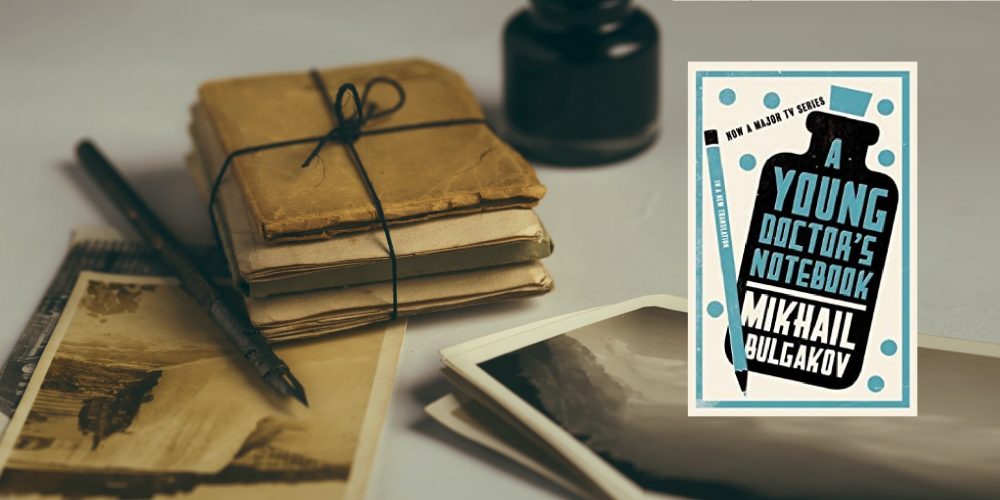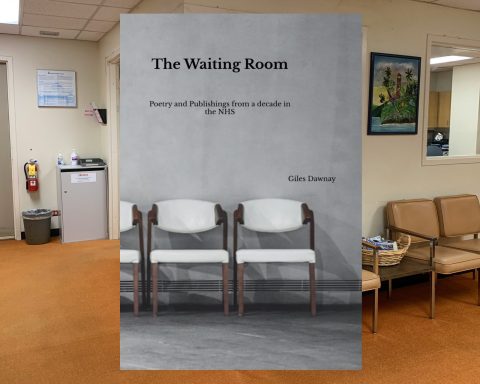 David Misselbrook is Deputy Editor of the BJGP.
David Misselbrook is Deputy Editor of the BJGP.
Ipicked up Bulgakov’s book for holiday reading. Within a couple of pages it brought back to me what it felt like to be a newly qualified doctor with scary responsibilities and inadequate support.
The context was somewhat different. I was a houseman, part of a “firm” (remember those?) in a large London hospital, whilst the newly qualified Bulgakov was sent as the only doctor to a remote rural cottage hospital, just before the Russian Revolution. He was responsible for all emergencies – medical, obstetric, paediatric, surgical, orthopaedic – as well as being in charge of ward patients, with a couple of feldshers (healthcare assistants) and two midwives. He would see about 100 new patients daily.
It brought back to me what it felt like to be a newly qualified doctor with scary responsibilities.
He gives nerve racking accounts of emergency tracheostomies, amputation of traumatised limbs and complicated deliveries. He gives a skilful account of the dissonance between his frightened inner self and his hard-maintained and necessary outer shell of confident professionalism. And his moments of private despair. A classic description of Bill Styles’ “mask of professional brilliance”.
Bulgakov’s stories are, naturally, reminiscent of Chekhov, but none the less original for that. They were originally published in Russian “medical journals”, I guess the equivalent of the much lamented World Medicine, or the shorter tales in the current medical magazines.
He is on top form when telling his own tales, for us uninhibited by any modern model of patient confidentiality. Perhaps the only story that works less well is his overlong imagined diary of a colleague who became addicted to morphine, with all the delusional denial, the squalid transgression and inevitable downfall.
Bulgakov, with his low-tech early 20th century surgery-heavy practice, reminds us of how near miraculous modern medicine is. But he also reminds us that we always practice close to an abyss. And that for the mere humans involved in doing the work – we doctors – we will always feel the heavy personal demands of responsibility. It is never just a job.
Bulgakov was a young doctor in a remote peasant area, with patients who hoped for miracles but were suspicious of modern science and technology. The parallels with treating Covid and so much else are obvious.
This book made me realise the commonalities in what it feels like to be a doctor, whether it is the early 20th century, the early 21st century, or, probably, whenever. I guess Bulgakov’s tales, laced with black humour and optimistic cynicism, are those that we still like to tell each other as we cope with being part of a hard-pressed medical tribe – a tribe that we know others will never understand.
Featured book
A young doctor’s notebook. Mikhail Bulgakov. First published in Russian as short stories, 1925 – 27. Republished: Alma Classics 2012, ISBN-13: 978-1847492869
Featured photo by Joanna Kosinska on Unsplash






